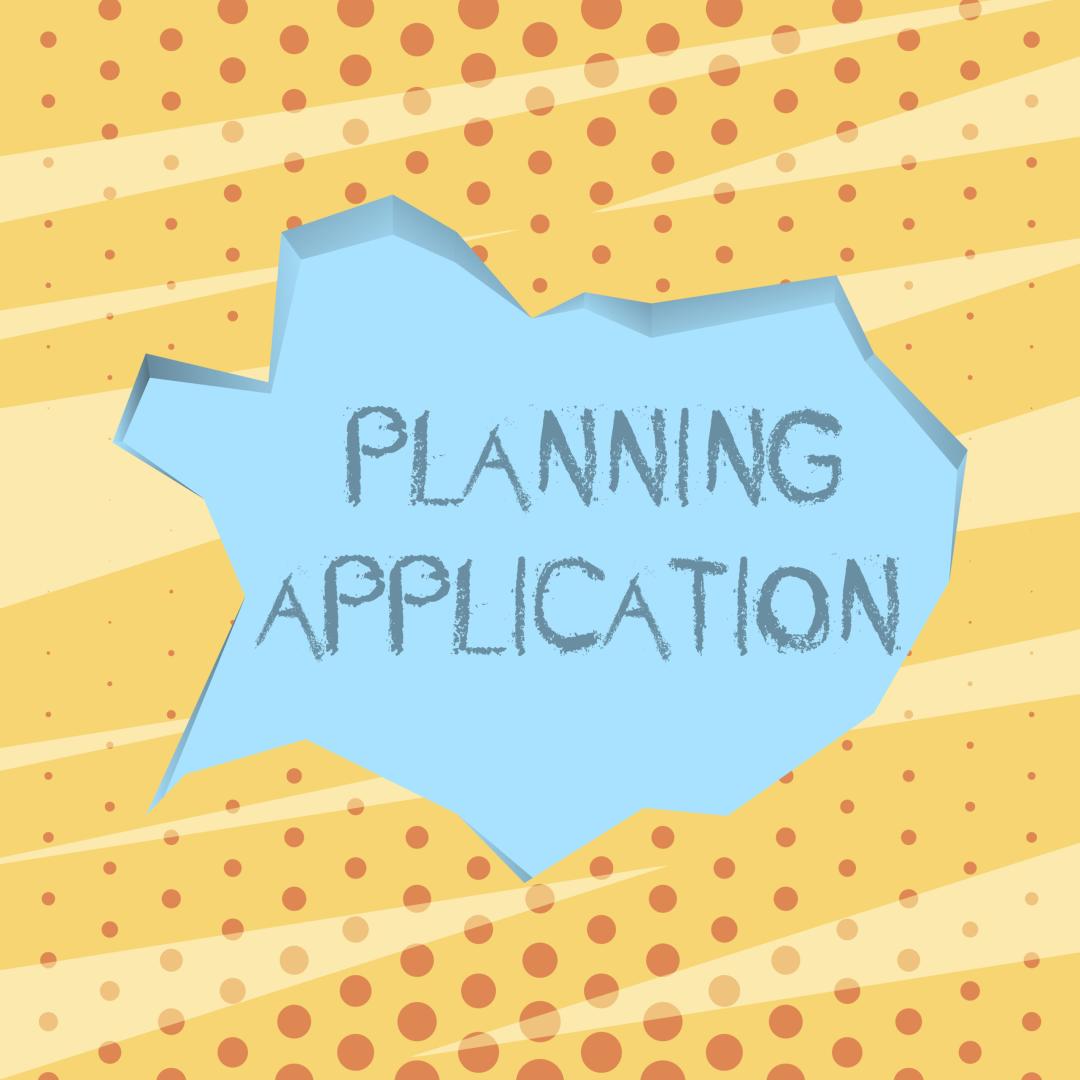Whether you’re thinking of adding an extra bedroom or extending the kitchen, the chances are you will need planning permission before you can go ahead and get started.
Once you’ve decided to proceed, you’ll need to go through a few stages before building work can begin.
Talk to Your Neighbours
This is by no means essential, but it’s courteous to speak with any of your neighbours who may be affected by your plans, to find out if they have any strong objections.
Neighbours’ objections are one of the key reasons why planning permission could be denied, so speaking to them in advance could save you time and money, while also supporting your application.
Contact Your Local Planning Authority
This is the first formal step that you will need to take to get planning permission. The local planning authority (LPA) for Hackney can be contacted through your local council, and they will advise if you need planning permission in the first place.
There are certain improvements you can make to your home without planning permission – these are known as permitted development rights and include adding equipment such as solar panels and satellite dishes, as well as certain sized extensions.
If you’re in any doubt, it’s always best to check with your LPA.
How Much Does a Planning Permission Application Cost?
In England the planning application currently costs £206 if you’re just looking to extend your current home.
If you’re planning to build a new single dwelling, then the cost is currently £462.
The costs vary in other parts of the UK. Your local authority will be able to provide full details of the costs involved.
What Documents Will I Need to Submit With my Application?
It varies depending on the size of the project being undertaken, but you will usually need to submit application forms, design plans and possibly an ecological survey, which will take into account the environmental impact that your extension could have.
Bear in mind that with design costs, surveys and other fees that can build up as part of your application, you should expect to budget at least £2000 to submit a successful planning application.
After you have submitted your application, the LPA will contact your neighbours to find out if they have any concerns or objections.
How Long Does it Take to Get Planning Permission?
For a fairly straightforward extension to your current property, you can expect to receive approval after around 8 weeks.
The most likely reason for any delay is objections from neighbours or unexpected problems with the design and surveys, such as environmental damage or drainage and access issues for example.
If there are objections to your plans then you may need to have the designs altered, which is likely to incur extra costs. An example of this would be if your neighbour argued that your extension will block out sunlight from their garden. In this instance, a redesign could solve the issue while still allowing you to proceed with an extension.
How Long Does Planning Permission Last?
Once planning permission has been granted you will have three years to start building work. If the three years passes without any work being started, then you will need to begin the application process again.
What Happens if my Planning Application is Rejected?
If this happens then you essentially have two options. You can either appeal the decision or have your design plans altered, which should give you more chance of the application being accepted the second time.
If your application is rejected you should be given reasons as to why, and this will allow you to address any concerns, such as objections from neighbours or environmental impact.
One thing to note, is that you can withdraw your application at any time and resubmit it at no extra cost. So, if you think your application is going to be rejected this will allow you to resolve any issues in advance.
What Happens if I Proceed Without Planning Permission?
It’s strongly recommended that you don’t go down this route, but if you were to build an extension without planning permission then the LPA would have the authority to have the building altered or demolished.
You can make a retrospective planning application, and if it’s refused then you can appeal the decision. However, if you lose the appeal, it could cost you a lot of money.
In most cases like these, it’s usually the homeowners being naive rather than blatantly ignoring the rules. They’ll often wrongly believe that their extension doesn’t require planning permission, so they don’t bother to submit an application and begin building work straight away.
That’s why it’s always worth contacting your LPA to find out if you will need planning permission before starting any building work!
Amar Mustafa - The REAL Estate Agent is your local property experts for Hackney, Walthamstow and the surrounding areas. Call me on 020 3150 5007 or email amar@therealagent.co.uk for a friendly chat.






Share this with
Email
Facebook
Messenger
Twitter
Pinterest
LinkedIn
Copy this link